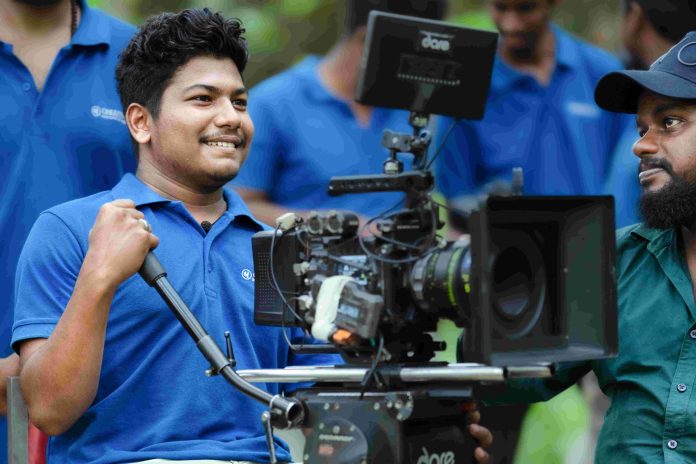A discussion highlighting the Indian education system, comparing formal and informal education, and focusing on the need for updated syllabuses to meet modern technological advancements.
The Indian education system is overseen by various boards, like state boards and the CBSE. It is crucial in determining the course of the country. It primarily offers formal education from LKG to +2, ensuring a standardized curriculum and examination system. However, amidst its structured approach lies a division between formal and informal education systems globally. While formal education follows a syllabus based model, informal alternatives like homeschooling offer flexibility but lack standardized accreditation.
Homeschooling in India finds support through agencies like the National Institute of Open Schooling (NIOS). It provides legally recognized distance learning programs and certifications . The argument over whether formal or informal education is more beneficial continues regardless of these alternatives. boards such as NCERT and CBSE regulate the formal education system. It ensures a structured learning path aligned with national standards and educational benchmarks In contrast, informal approaches are more suited to the specific needs of each learner. Still, they have difficulties with regulation and accreditation.
The flexibility of the system, rather than its very existence, is what really matters. The current syllabus often lags behind in integrating technological advancements and evolving societal needs. While periodic updates occur, they often fall short of addressing contemporary challenges comprehensively.
In conclusion, while India’s education system provides a robust framework, its future hinges on embracing change. By blending modern advancements and updating curricula on time, India can equip its students more effectively for the challenges of the 21st century, fostering a generation prepared to innovate and lead on a global scale.
Copyrights:
All the photos and text in this post are copyright of Architha B and Creative Hut Institute of Photography. Their reproduction, full or part, is forbidden without the explicit approval of the rightful owners.


